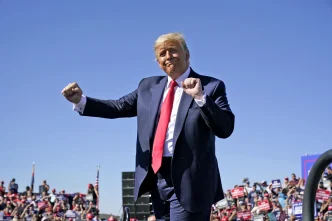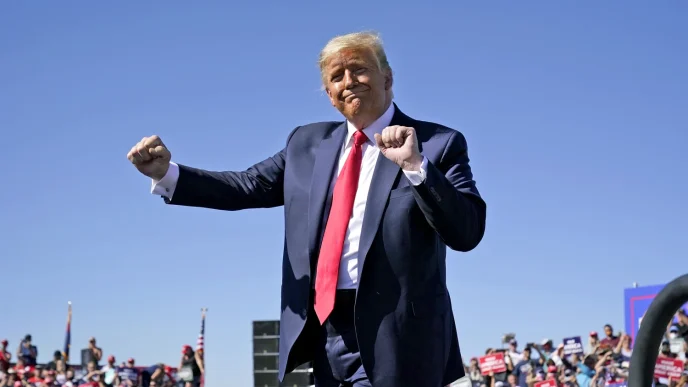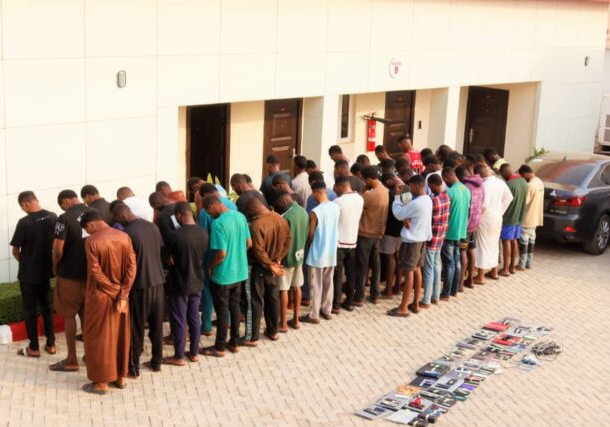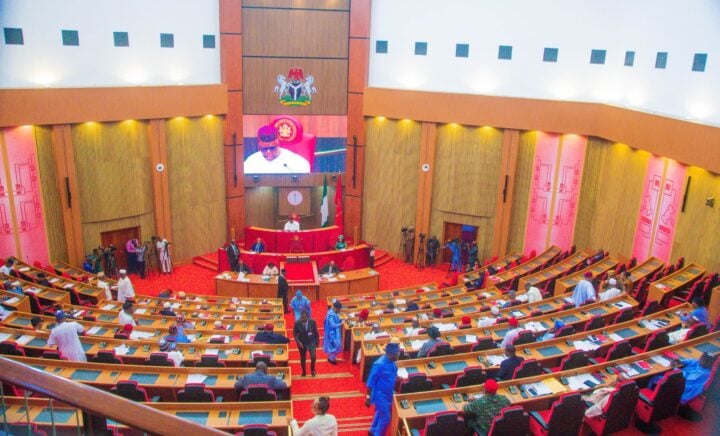Professor Ibrahim A. Gambari
The unaware lot among Nigerians may be forgiven for just knowing anything about Professor Ibrahim Agboola Gambari only after he was appointed chief of staff to the immediate past president Muhammadu Buhari in May 2020.
The new appointee was neither a politician. Even though he was a public figure in all ramifications, he had been rather self-effacing than the combustible type. That he was also looked at by the unaware lot as just another political appointee whose middle name is controversial may also be forgiven. After all, decorum had been a scarce commodity in the country’s political terrain.
But Professor Gambari is a totally different breed from Nigeria. With his rich aristocratic background and a profoundly rich academic life, he would be seen more among the intelligentsia than the political juggernauts. Indeed, he would rather see himself as a well-rounded scholar than anything else. Yet, at less than 40 years old in mid-1983, he was plucked from the Ahmadu Bello University (ABU), Zaria where he was a senior lecturer in the department of political science by then president Shehu Shagari who appointed him as director-general of the Nigerian Institute of International Affairs (NIIA), Lagos. Shagari was overthrown in a military coup on December 31 1983 and, as it should be expected when there was a change of leadership in the country, the DG knew his continued stay in the NIIA job was no longer in his hands, following the coming of the new government.
But as he looked forward to returning to his lecturing job at the ABU, the new government named him as Nigeria’s external affairs minister. His extremely busy tenure in that post should be enough for a memoir as he spent virtually the whole of the 20 months in the position crisscrossing the world as Nigeria’s public relations officer while trying his utmost at helping the military regime achieve acceptability.
Advertisement
He was still on the around-the-world trips when the Buhari regime was itself overthrown in a palace coup that brought General Ibrahim B. Babangida to power on August 27 1985. At this time, he had to stave off pressure to remain in his post as he pleaded to the new helmsman to be allowed to return to the ABU to continue with his lecturing job. Babangida insisted that his namesake remain in the new government and in the same post.
Professor Gambari left ABU and Nigeria altogether soon after, relocating to the United States where he took up a lecturing job at the City University, New York (CUNY). He would remain at the CUNY till December 1989 when Babangida, who had not still given up hope of “capturing” him appointed him as Nigeria’s Permanent Representative to the United Nations, replacing Major General Joseph Nanven Garba. There began for Professor Gambari the journey to becoming a world renown diplomat, thanks to the various challenges that he faced and how he expertly brought his scholarly pedigree to bear in surmounting the challenges.
But by far his greatest challenge on the job was the Rwandan genocide of April 1994, during which time he combined his permanent representative job with being a non-permanent member of the UN Security Council. On the council, he was the lone voice for Africa which had even before that time pressed to have a permanent seat on the security council without success.
Advertisement
Needless, perhaps, to add that Africa is still pressing to have the seat. Foreseeing clearly the dire implications of the genocide for Africa and the rest of the world, Professor Gambari had trenchantly urged the council to declare the situation in Rwanda exactly what it was: genocide. But the Security Council was adamant, saying the situation was only “an act of genocide”, even as nearly a million people had been killed mostly in the primitive way.
Despite Professor Gambari stridently calling the council’s attention to the UN Charter that says “The Security Council has primary responsibility for the maintenance of international peace and security everywhere”, his effort yielded very little or no result to draw the “Big Boys” into action. In the end, as fate would have it, it was still his effort at getting the government of Ghana, through his influence at the African Union, to deploy a battalion of soldiers to Rwanda that helped the ceasefire among the brutal warriors. The Ghanaian battalion was neither very big nor capable of stopping the genocide which was already on a massive scale. But it not only saved more lives but was also used to show that a UN Security Council resolution to send a minimum of 5,000 troops to Rwanda at the right time could have prevented the genocide.
Professor Gambari’s effort in stemming the Rwandan genocide did not go unnoticed, however. He may not have won a Nobel Peace prize for his effort. But the government of Rwanda duly accorded him its National Honour of ‘Umurinzi’ in 2010. The following year, his effort at seeing South Africa free from the clutches of apartheid, during which he served as chairman of the UN Special Committee Against Apartheid from 1990 till the rainbow nation achieved participatory democracy in 1994, also saw him receive South Africa’s highest honour of the ‘Companion of the Order of Oliver R. Tambo’.
At different times, Professor Gambari, who is affectionately referred to as ‘UN’s Mr. Fix it’, was UN’s Special Envoy to Zimbabwe and Head of the UN Mission to Angola between 2002 and 2003 and head of the UN and Africa Union-sanctioned Africa Union-United Nations Hybrid Operation in Darfur with over 29,000 forces, otherwise called UNAMID.
Advertisement
Likewise, he was sent to Europe as Special Envoy to bring an end to the Cyprus Conflict between the Greek Cypriot and Turkish Cypriot communities. He also represented the UN as the go-between the military dictators of Myanmar and the democratic forces with a view to impressing the dictators on the need to end their willful violation of that country’s fundamental human rights to pave the way for a democratic transition process.
Upon the ruins of the post-Saddam Hussein’s Iraq, he was appointed as the UN Special Adviser on the International Compact with Iraq and other political issues in 2007, with briefs to empower Iraq’s political and constitutional processes to strengthen democracy and rule of law and tackle security challenges, in addition to respecting fundamental human rights and addressing the refugees impasse and the issues concerning the internally displaced persons.
After attaining the position of deputy secretary-general at the United Nations, Professor Gambari returned to Nigeria to get fully engaged with the NGO he founded, the Savannah Centre for Diplomacy, Democracy and Development, in Abuja and continued to contribute to local and international development before he was beckoned on by former president Buhari to be his chief of staff at the demise of the previous occupier of the position, Mallam Abba Kyari. No less did he deploy his position to buoy Nigeria’s international image, using the wide contacts he had acquired in over three decades.
It is to Professor Gambari’s distinguished international diplomatic career that he served Nigeria during the reigns of four different leaders, namely Babangida, aforementioned, Ernest Shonekan, Sani Abacha and Abdulsalami Abubakar – a feat that no public officer of his rank in Nigeria is likely to rival.
Advertisement
As recent as in August this year, he was appointed as Chairman of the International Conference to Eradicate Colonialism in the World. Soon after, he was also a key figure at the 2024 UN General Assembly where he pressed for the Security Council to be reformed in order to reflect the geopolitical realities and the multi-lateral principle of inclusive and collective action in the present world.
As he turns 80 years old on November 24, 2024 and has yet to announce his retirement, it simply means his energy, courage and determination to carry on are still as active they were some 41 years ago in 1983 when he was launched into public service as the NIIA director-general. In the same vein, it also means that the world would see more of him in the years ahead.
Advertisement
Views expressed by contributors are strictly personal and not of TheCable.
Add a comment









